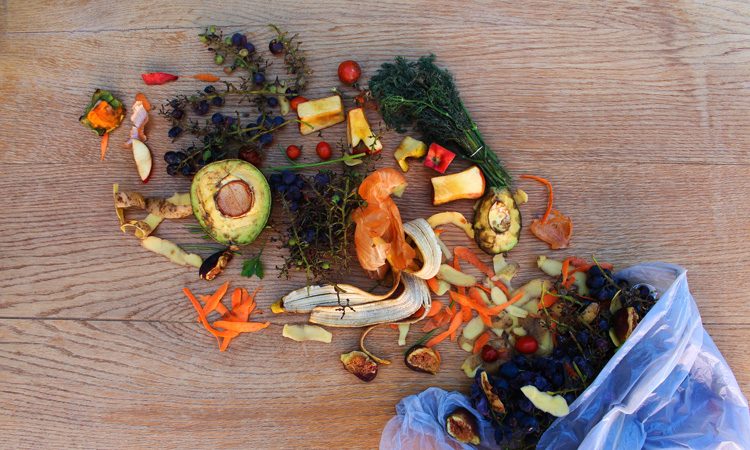USDA, FDA and EPA partner with the Food Waste Reduction Alliance
- Like
- Digg
- Del
- Tumblr
- VKontakte
- Buffer
- Love This
- Odnoklassniki
- Meneame
- Blogger
- Amazon
- Yahoo Mail
- Gmail
- AOL
- Newsvine
- HackerNews
- Evernote
- MySpace
- Mail.ru
- Viadeo
- Line
- Comments
- Yummly
- SMS
- Viber
- Telegram
- Subscribe
- Skype
- Facebook Messenger
- Kakao
- LiveJournal
- Yammer
- Edgar
- Fintel
- Mix
- Instapaper
- Copy Link
Posted: 1 November 2019 | Sam Mehmet (New Food) | No comments yet
Individually and collectively, these agencies aim to contribute to the initiative by encouraging long-term reductions, and working toward the goal of reducing food loss and waste in the US by 50 percent by 2030.


The US Department of Agriculture (USDA), the US Environmental Protection Agency (EPA), and the US Food and Drug Administration (FDA) has announced a new partnership with the Food Waste Reduction Alliance (FWRA), in the latest effort in the Winning on Reducing Food Waste Initiative launched by the three federal agencies in 2018.
“USDA shares many common goals with the Food Waste Reduction Alliance, including our belief in the power of teamwork,” said US Secretary of Agriculture, Sonny Perdue. “We are proud to join this public-private partnership to prompt action throughout the food system.”
Through this Memorandum of Understanding, USDA, EPA and the FDA will formalise industry education and outreach efforts with the Grocery Manufacturers Association, the Food Marketing Institute, and the National Restaurant Association, the three founding partners of the FWRA.
The FWRA represents three major sectors of the supply chain: food manufacturing, retail and restaurant, and food service. The Alliance pursues three goals: reducing the amount of food waste generated; increasing the amount of safe, nutritious food donated to those in need; and diverting food waste from landfills.
“The FDA strongly supports our shared goal of reducing the amount of food that Americans waste through important efforts like today’s agreement,” said Acting FDA Commissioner Ned Sharpless, MD. “The issues of food waste and food safety go hand in hand, and we will continue to work with our federal partners and other stakeholders on enhancing our efforts to reduce food waste and do it safely. We are committed to doing all that we can to support safe and sound food policy decisions that are good for our families, good for our communities, and good for our planet.”
The initiative includes actions on research, community investments, education and outreach, voluntary programmes, public-private partnerships, tool development, technical assistance, event participation and policy discussion.
Related organisations
Environmental Protection Agency (EPA), The Food Waste Reduction Alliance (FWRA), The US Food and Drug Administration (FDA), US Department of Agriculture (USDA)




